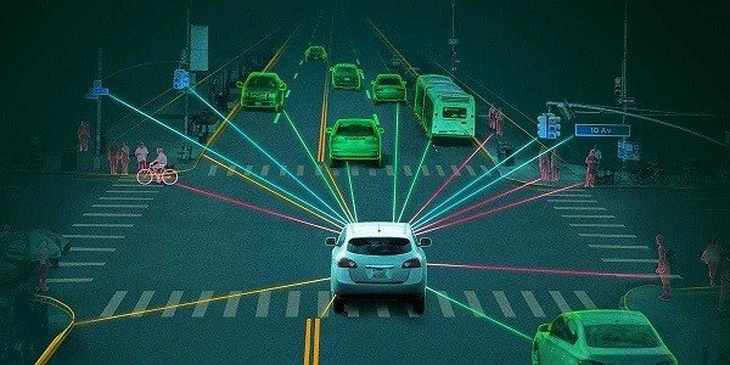
Cached-DFL creates a kind of "simulated social network" where cars can view the "profiles" of other cars without revealing the driver's personal information - Photo: eescorporation.com
Scientists have developed a new method that allows self-driving cars to share important information on the move without direct connection, through a technology called “Cached Distributed Federated Learning” (Cached-DFL).
It is an artificial intelligence (AI) model sharing framework that helps self-driving cars exchange accurate and up-to-date data as they pass each other, including navigational handling, traffic patterns, road conditions, and signs.
Unlike the conventional approach that requires cars to be nearby and grant sharing permission, Cached-DFL creates a form of “simulated social network” where cars can view the “profiles” of other cars without revealing the driver’s personal information.
"A car that has only driven in Manhattan can now learn about the roads in Brooklyn from other vehicles, even if it has never been there," says Dr. Yong Liu of New York University. For example, a car can learn how to handle oval potholes anywhere, based on shared experience from cars that have encountered similar situations.
The system also addresses the problem of current centralized data, which is susceptible to large-scale breaches. With Cached-DFL, data is stored in trained AI models on each vehicle.
Simulation tests in Manhattan showed that rapid and frequent communication between vehicles within 100 meters significantly improved the efficiency and accuracy of driving data. Importantly, the vehicles did not need to “know” each other to share information.
Dr. Jie Xu from the University of Florida highlights the scalability advantage: "Each vehicle only exchanges model updates with the vehicles it encounters, preventing communication costs from skyrocketing as the network grows larger." This also promises to reduce the cost of self-driving technology because the processing burden is distributed, rather than being concentrated on a single server.
In the future, the team plans to test Cached-DFL in real-world scenarios, removing interoperability barriers between automakers and expanding connectivity to other transportation infrastructures (V2X). The ultimate goal is to accelerate the trend of decentralized data processing, creating a form of high-speed collective intelligence not only for cars but also for satellites, drones, and robots.
“Distributed federated learning is critical for collaborative learning without compromising privacy… Enhancing real-time decision making, which is essential for safety applications like autonomous driving,” asserts Javed Khan from Aptiv.
Source: https://tuoitre.vn/xe-tu-lai-sap-co-mang-xa-hoi-ai-rieng-de-hoc-kinh-nghiem-cua-nhau-20250505071111782.htm


![[Photo] Vietnam and Sri Lanka sign cooperation agreements in many important fields](https://vphoto.vietnam.vn/thumb/1200x675/vietnam/resource/IMAGE/2025/5/5/9d5c9d2cb45e413c91a4b4067947b8c8)















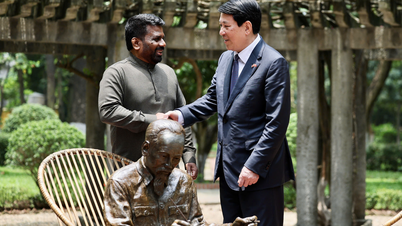

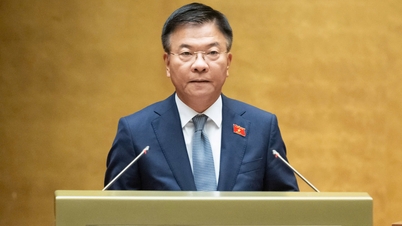
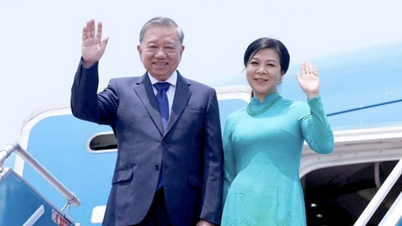



![[Photo] President Luong Cuong and Sri Lankan President Anura Kumara Dissanayaka visit President Ho Chi Minh relic site](https://vphoto.vietnam.vn/thumb/1200x675/vietnam/resource/IMAGE/2025/5/5/0ff75a6ffec545cf8f9538e2c1f7f87a)







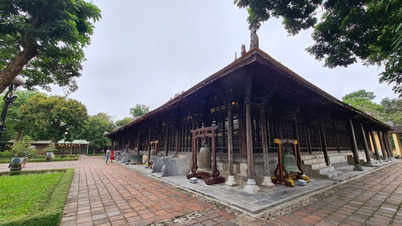



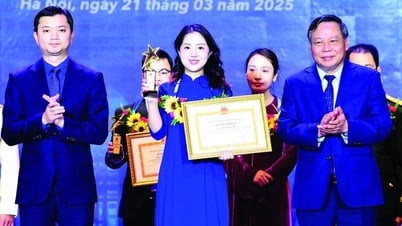

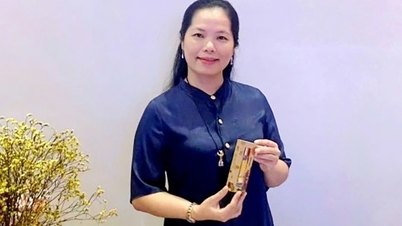
























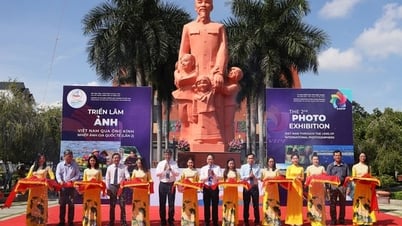



















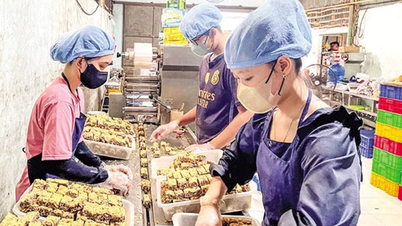





Comment (0)